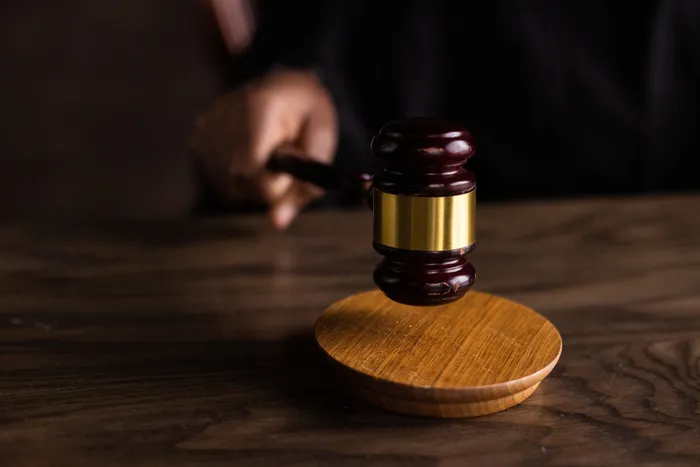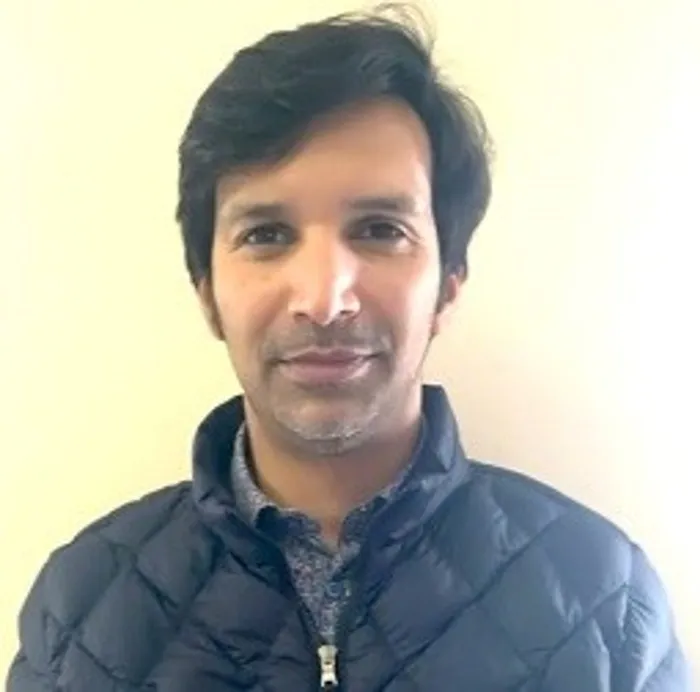Good Hope Construction boss acquitted of fraud and theft

A construction businessman has been acquitted of fraud, theft, and perjury after a successful appeal in the Western Cape High Court.
Image: Pexels
Construction businessman Ridwaan Rajah, owner of Good Hope Plasterers CC trading as Good Hope Construction, has been acquitted of fraud, theft, and perjury after a successful appeal in the Western Cape High Court.
The high court found that the regional court had erred in convicting him of offences the State failed to prove.
“Considering all the evidence rendered by the State witnesses, the First Appellant, and his brother, the concessions made by the State Prosecutor, and the misdirections and errors evident in the Regional Court’s judgment, this court finds that the appeal should be upheld. It follows that the conviction on sentence must fall away,” Acting Judge Ajay Bhoopchand said in a ruling concurred by Judge Deidre Kusevitsky.

Ridwaan Rajah has been acquitted of charges against him
Image: File
The matter emanates from a 2010 contract between Good Hope Construction and the Department of Public Works (DPW) to renovate buildings in the parliamentary precinct.
Goodhope Construction was required to appoint its subcontractors to discharge its obligations under the contract with the DPW. It appointed Winlite as a domestic contractor to construct four curtain screens on the parliamentary premises.
According to court papers, there was a delay in commencing the work largely due to the pace at which police clearance certificates were issued for the employees of the contractor and sub-contractors. Winlite anticipated an increase in the price of the materials it intended to use to erect the screens and brought this to the notice of Goodhope Construction. After discussions with the DPW’s project manager and in an attempt to avert the price rise, the DPW agreed to an advance payment to cover the costs of materials that Winlite would use to construct the curtain screens. The materials would be held offsite on Winlite's premises.
“DPW would make the advance payment to the Second Appellant (Goodhope Construction) to forward to Winlite, provided certain conditions were met. Of these conditions, Winlite would provide a guarantee to the DPW to cover the costs of the materials kept offsite, despite there being no contract between the DPW and Winlite. Winlite provided the guarantee from Lombard Insurance in favour of the DPW on 1 December 2010. The guarantee was a bond for unused materials kept off-site. The DPW released R519 037.90 on 14 March 2011 to the Second Appellant to pay its subcontractor, Winlite. The Second Appellant paid Winlite R467 131. 411 on 18 March 2011 and retained R51 906.79, or ten per cent,” court papers read.
The DPW rejected Winlite's work. The implications were that the two screen curtains had to be dismantled, reworked, and reinstalled.
“The First Appellant (Rajah), testified that the DPW agreed to pay Winlite the money to procure the materials for the curtain walls and to mitigate the predicted rise in costs. Winlite could either provide a construction guarantee or agree to a 10% deduction from every payment held in a retention fund until the contract is completed. Winlite opted for the 10% retention. Winlite would have received the amount retained at the end of their contract, provided there were no defects in their work. Provision of security by the contractor or sub-contractor by either guarantee or retention is practised by every company involved in the building industry in South Africa and the world. The 10% the Appellants retained from the advance was to cover any damages it suffered against Winlite. The Second Appellant had the right to set off costs once Winlite abandoned its obligation. Due to Winlite's default, the Second Appellant was saddled with an additional cost of about R1 300 000.”
When the DPW computed the final account, they omitted the R519 037.90 because they could not recoup this amount from the guarantee. The amount omitted was a subtraction from the amount due to Rajah and his company.
Good Hope Construction then turned to the High Court to compel the DPW to factor the advance payment into the final project account. The matter was resolved by agreement, and the court granted the order, after which the DPW settled the outstanding amount. However, following an investigation by the Special Investigating Unit (SIU), criminal charges were laid against Rajah and his company. The State alleged that Rajah had misrepresented facts in the affidavit submitted during the civil application and that the second payment amounted to theft.
The High Court judgment noted that the State’s case largely hinged on the evidence of SIU forensic investigator Samuel Adams. Under cross-examination, Adams admitted that a crucial invoice confirmed the disputed payment was for off-site materials. He further acknowledged that, had he been aware of this document at the outset, the investigation would likely not have been pursued.
“The Regional Court's failure to analyse the evidence of the First Appellant and his brother before rejecting them as lies is strikingly evident. The evidence of the First Appellant and his brother were credible and consistent with each other. They protested that the State Prosecutor did not understand the building industry and its idiosyncrasies. They consistently maintained that the DPW omitted the item for materials from the final statement of account and had thereby deducted the amount of R519,037.90 from the amount due to them. The State Prosecutor was unable to unsettle their evidence in this crucial aspect. The Regional Court's finding that the defence raised by the Appellants was all lies is an error. The Regional Court concentrated on all the elements that pointed to their guilt in analysing the charges but failed to grasp or consider the probabilities or those indicative of their innocence."
The NPA did not respond to requests for comment by deadline.
Cape Times